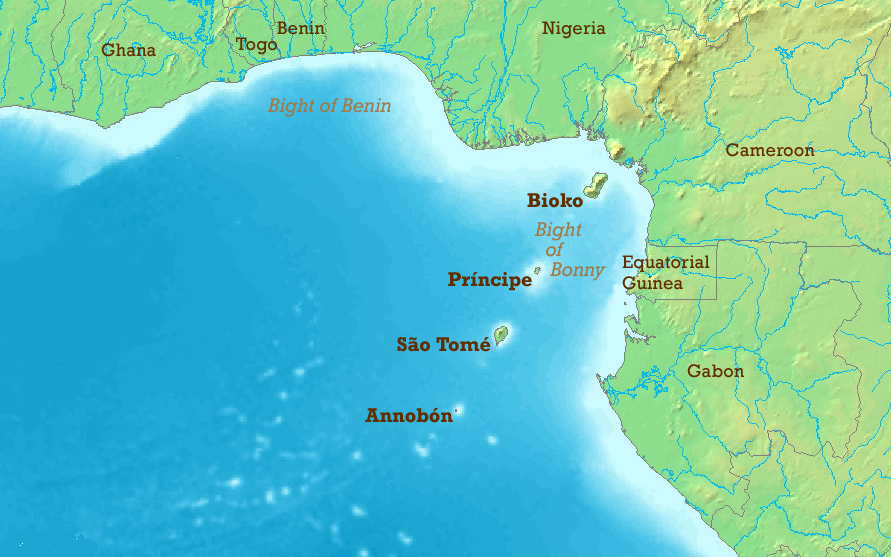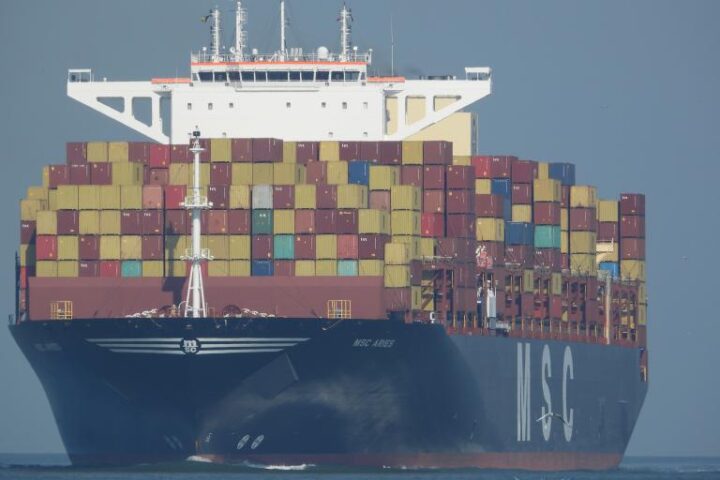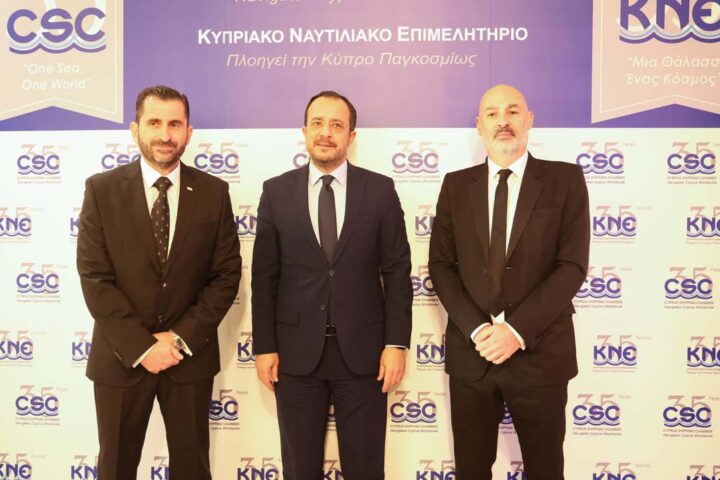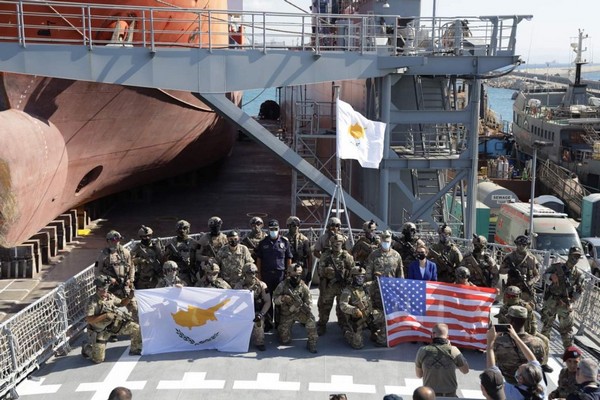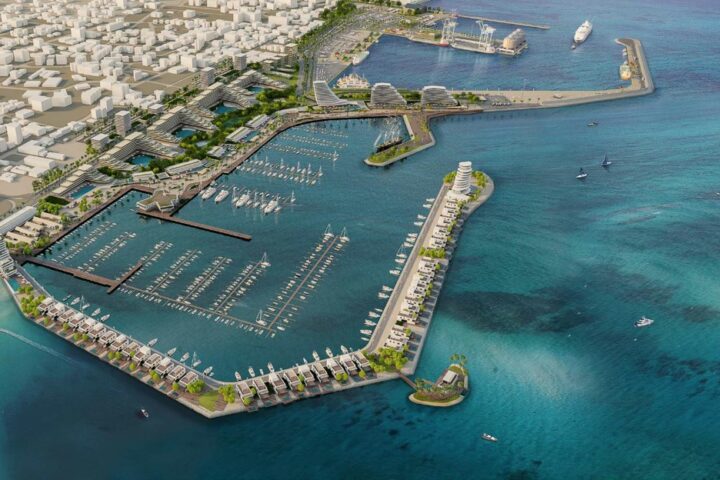The Cyprus Shipping Chamber, the umbrella organisation representing the majority of locally-based companies in the maritime sector, wants the international community to engage more actively to combat piracy off the Gulf of Guinea.
The best way would be for governments to enhance their naval presence in the area, as some countries, such as Nigeria, do not allow anchorage to vessels with armed on-board security.
This has allowed the 6,000km long coastline, stretching from Senegal to Angola, to become a magnet for pirates, with 95% of kidnappings around the world in the first nine months of this year, involving 80 crewmembers in 14 attacks, taking place off Nigeria, Benin, Gabon, Equatorial Guinea and Ghana.
The CSC, whose members employ about 60,000 onboard their vessels around the world, said the situation remains “gravely dangerous” for ships trading in the area and for the seafarers.
According to the International Maritime Bureau’s Piracy Reporting Centre (IMB PRC), there has been a 40% increase in the number of kidnappings reported in the Gulf of Guinea, compared with the same period in 2019.
In an announcement where it “expresses regret and frustration over the ineffectiveness of the international community to address the continuing piracy crisis”, the CSC said that since June, it has “raised grave concerns about the worsening piracy situation in the GoG and invited action by governments.”
“Unfortunately, we have now reached the end of 2020 and despite efforts being made by the shipping industry, the situation remains gravely dangerous for ships trading in the Gulf of Guinea.”
Concerted efforts by increased naval patrols from European Union member states and NATO partners off the coast of Somalia, have drastically reduced on board attacks to “manageable levels”, helped by the cooperation from nations around the Horn of Africa.
However, across the continent, maritime security along western Africa has been hampered by lack of inter-state cooperation, corruption, maritime sovereignty disputes and outdated frameworks.
‘Sea blindness’ the biggest obstacle
The biggest obstacle in the region has been ‘sea blindness’, a phenomenon that emanates from poor general maritime knowledge among governments, inhibiting the level of political commitment to tackle the issue of piracy.
The sea basin is of geopolitical and geo-economic importance for the transport of goods to and from central and southern Africa. Additionally, it is a choke point for the African energy trade, with intensive oil extraction in Nigeria’s Niger Delta.
“Any other route would take longer and exert additional strain on shipping companies, as well as seafarers who are already having trouble coping with the COVID restrictions around the world,” said Chrysostomos Efthymiou, a Marine Officer at the CSC.
“This is why we welcome the different projects undertaken by key players such as Nigeria that have stepped up state services and taken control of the country’s maritime security.”
In its announcement, the CSC said it welcomed the establishment of the Nigerian Government and Industry Joint Working Group (NIWG) that aims to facilitate coordination between all stakeholders and align efforts to deter and respond to incidents of piracy and armed robbery in Nigerian territorial waters and the offshore exclusive economic zone (EEZ).
The CSC praised the three projects – the Integrated National Security and Waterways Protection Infrastructure project, otherwise known as the Deep Blue Project (DBP); the new Nigerian National Maritime Reporting Framework which will support merchant vessels in distress; and, enhancement of the Nigerian Maritime Administration and Safety Agency’s (NIMASA) Command, Control, Computer Communication and Information (C4i) Centre – policies that are “steps towards the right direction of deterring the piracy incidents in the area.”
Deep Blue, budgeted to cost $195 mln, was awarded in 2019 to HLSI Security Systems and Technologies of Israel, for the provision of helicopters, aircraft, vessels and training of their crews, to aid the security of Nigeria’s waterways.
According to NIMASA, some 85% of equipment and assets for the project take-off has been procured and that by March 2021, all equipment should be fully acquired.
Implementation will take time, says CSC
However, the CSC said that “actual implementation will take time and positive results are not expected in the near future as this persistent problem cannot be addressed within just a few months.
“In addition, the economic impact of the COVID-19 pandemic is likely to lead to budget shortfalls which have already been observed in Nigeria, as well as several other countries.”
The CSC said it was vital that governments become far more engaged in finding a long-term solution to the crisis.
“The international community should remain committed to efforts of protecting the vessels and crew operating in the Gulf of Guinea. The shipping industry is also calling on local governments in the Gulf of Guinea to continue their efforts and take more effective actions to eliminate this intolerable situation, with additional steps to be taken now, and not later.
“We cannot continue to allow crews to be taken hostage, a situation which is simply unacceptable,” the CSC concluded.
In October, the Nigerian government announced that the Joint Working Group (JWG) comprised NIMASA, the Ministry of Transport, Nigerian Navy, Nigerian Ports Authority, Marine Police, Interpol and the oil industry.
The oil industry is represented by the Oil Companies International Marine Forum (OCIMF), while the shipping industry is represented by the International Chamber of Shipping (ICS), Baltic and International Maritime Council (BIMCO), the International Association of Dry Cargo Shipowners (Intercargo), the International Association of Independent Tanker Owners (Intertanko) and the Nigerian Shipowners’ Association.
The government also said that at a regulatory level, NIMASA is working with the International Maritime Organisation (IMO) in developing a National Maritime Security Strategy.
Nigeria said it has formally endorsed the industry’s Best Management Practices West Africa (BMP WA) guidance and, following the entry into force of Nigeria’s Suppression of Piracy and Other Maritime Offences Act, 2019 (SPOMO Act), prosecutions are underway.

